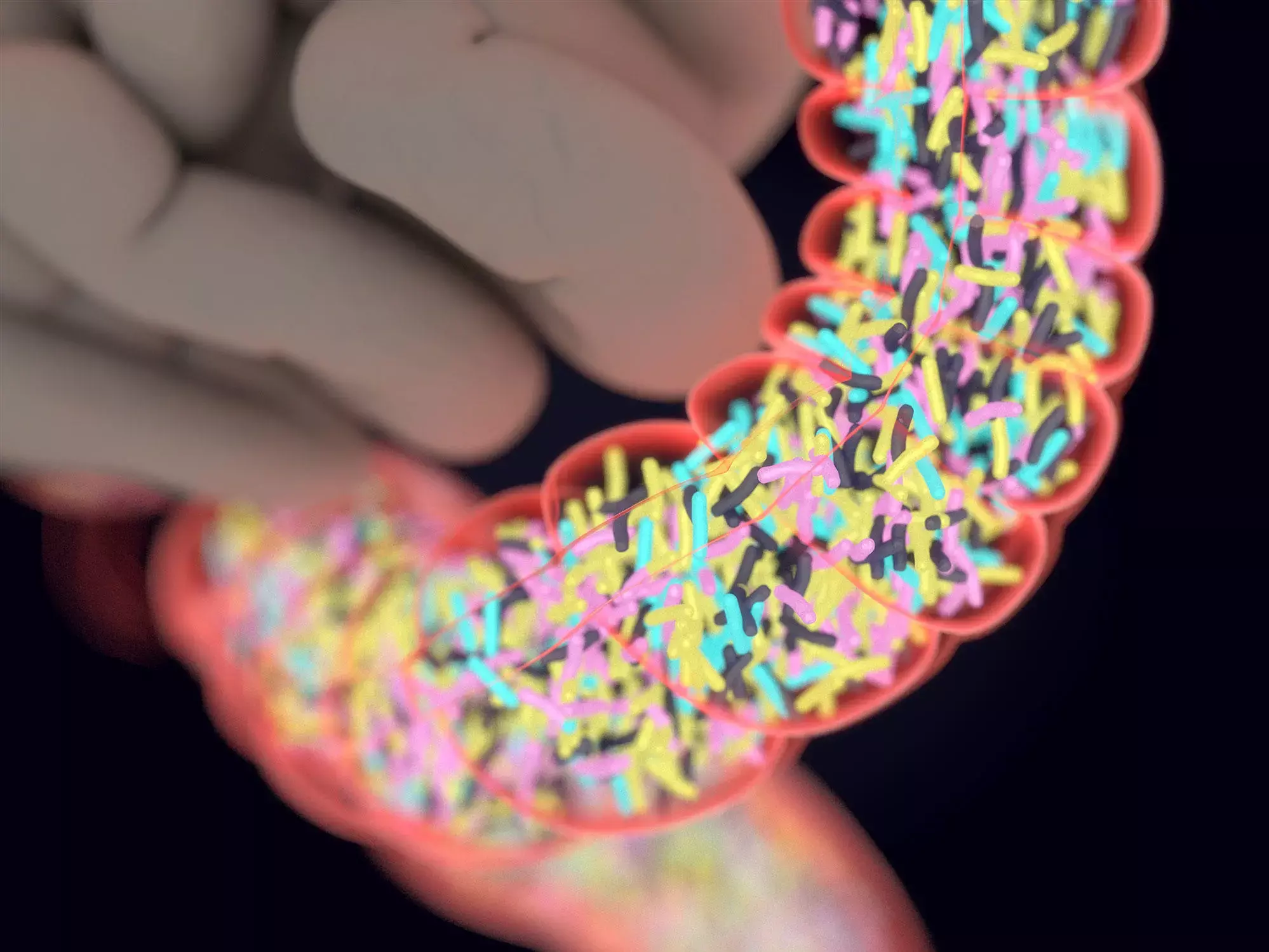- Home
- Medical news & Guidelines
- Anesthesiology
- Cardiology and CTVS
- Critical Care
- Dentistry
- Dermatology
- Diabetes and Endocrinology
- ENT
- Gastroenterology
- Medicine
- Nephrology
- Neurology
- Obstretics-Gynaecology
- Oncology
- Ophthalmology
- Orthopaedics
- Pediatrics-Neonatology
- Psychiatry
- Pulmonology
- Radiology
- Surgery
- Urology
- Laboratory Medicine
- Diet
- Nursing
- Paramedical
- Physiotherapy
- Health news
- Fact Check
- Bone Health Fact Check
- Brain Health Fact Check
- Cancer Related Fact Check
- Child Care Fact Check
- Dental and oral health fact check
- Diabetes and metabolic health fact check
- Diet and Nutrition Fact Check
- Eye and ENT Care Fact Check
- Fitness fact check
- Gut health fact check
- Heart health fact check
- Kidney health fact check
- Medical education fact check
- Men's health fact check
- Respiratory fact check
- Skin and hair care fact check
- Vaccine and Immunization fact check
- Women's health fact check
- AYUSH
- State News
- Andaman and Nicobar Islands
- Andhra Pradesh
- Arunachal Pradesh
- Assam
- Bihar
- Chandigarh
- Chattisgarh
- Dadra and Nagar Haveli
- Daman and Diu
- Delhi
- Goa
- Gujarat
- Haryana
- Himachal Pradesh
- Jammu & Kashmir
- Jharkhand
- Karnataka
- Kerala
- Ladakh
- Lakshadweep
- Madhya Pradesh
- Maharashtra
- Manipur
- Meghalaya
- Mizoram
- Nagaland
- Odisha
- Puducherry
- Punjab
- Rajasthan
- Sikkim
- Tamil Nadu
- Telangana
- Tripura
- Uttar Pradesh
- Uttrakhand
- West Bengal
- Medical Education
- Industry
Fecal Microbiota Transplant as good as Vancomycin as Initial Treatment for C. diff, Study Finds

A new study published in the Annals of Internal Medicine showed that fecal microbiota transplant (FMT) was noninferior to vancomycin as a first-line treatment for Clostridioides difficile infection. FMT showed slightly higher cure rates without recurrence and comparable safety. Experts suggest that microbiota therapy could reduce antibiotic use, though its widespread adoption as initial treatment remains uncertain.
The most frequent cause of healthcare-associated diarrhea is Clostridioides difficile (formerly known as Clostridium) infection (CDI), which has a high mortality and recurrence rate. Additionally, treating recurring cases might be difficult. While fecal microbiota transplantation is advised for recurrent CDI, its function in initial CDI is not well understood. Thus, this study by Frederik Emil Juul and team looked in to the safety and effectiveness of FMT in primary CDI.
This study was conducted mostly in Norwegian hospitals and primary care centers. The main criteria were adults with CDI (defined as C. difficile toxin in stool and ≥3 loose stools per day) and no prior CDI within 365 days prior to recruitment. FMT without antibiotic pretreatment was compared to oral vancomycin, 125 mg four times a day for 10 days, as part of the intervention. Clinical cure (firm stools or <3 bowel movements per day) at day 14 and no illness recurrence within 60 days with the prescribed medication alone were the main endpoints.
100 of the 104 randomly assigned patients were eligible for analysis after receiving FMT or the initial dose of vancomycin. Nearly, 34 out of 51 patients (66.7%) who received FMT and 30 out of 49 (61.2%) who received vancomycin experienced clinical cure and no disease recurrence within 60 days without further treatment (difference, 5.4 percentage points [95.2% CI, −13.5 to 24.4 percentage points]; P for noninferiority < 0.001, denying the hypothesis that response to FMT is 25 percentage points lower than response to vancomycin).
4 patients in the vancomycin group and 11 in the FMT group received extra C difficile therapy. At day 14, 40 out of 51 patients (78.4%) with FMT and 30 out of 49 (61.2%) with vancomycin showed clinical cure and no recurrence with or without continued therapy (difference, 17.2 percentage points [95.2% CI, −0.7 to 35.1 percentage points]).
Overall, FMT demonstrated similar safety and marginally greater cure rates without recurrence. Although its broad usage as a first line of treatment is yet unknown, experts point out that microbiota therapy may lessen the need for antibiotics. For primary CDI, FMT can be regarded as the first-line treatment.
Reference:
Juul, F. E., Bretthauer, M., Johnsen, P. H., Samy, F., Tonby, K., Berdal, J. E., Hoff, D. A. L., Ofstad, E. H., Abraham, A., Seip, B., Wiig, H., Rognstad, Ø. B., Glad, I. F., Valeur, J., Nissen-Lie, A. E., Ness-Jensen, E., Lund, K. M. A., Skjevling, L. K., Hanevik, K., … Garborg, K. K. (2025). Fecal Microbiota transplantation versus vancomycin for primary Clostridioides difficile infection : A randomized controlled trial. Annals of Internal Medicine. https://doi.org/10.7326/ANNALS-24-03285
Neuroscience Masters graduate
Jacinthlyn Sylvia, a Neuroscience Master's graduate from Chennai has worked extensively in deciphering the neurobiology of cognition and motor control in aging. She also has spread-out exposure to Neurosurgery from her Bachelor’s. She is currently involved in active Neuro-Oncology research. She is an upcoming neuroscientist with a fiery passion for writing. Her news cover at Medical Dialogues feature recent discoveries and updates from the healthcare and biomedical research fields. She can be reached at editorial@medicaldialogues.in
Dr Kamal Kant Kohli-MBBS, DTCD- a chest specialist with more than 30 years of practice and a flair for writing clinical articles, Dr Kamal Kant Kohli joined Medical Dialogues as a Chief Editor of Medical News. Besides writing articles, as an editor, he proofreads and verifies all the medical content published on Medical Dialogues including those coming from journals, studies,medical conferences,guidelines etc. Email: drkohli@medicaldialogues.in. Contact no. 011-43720751


